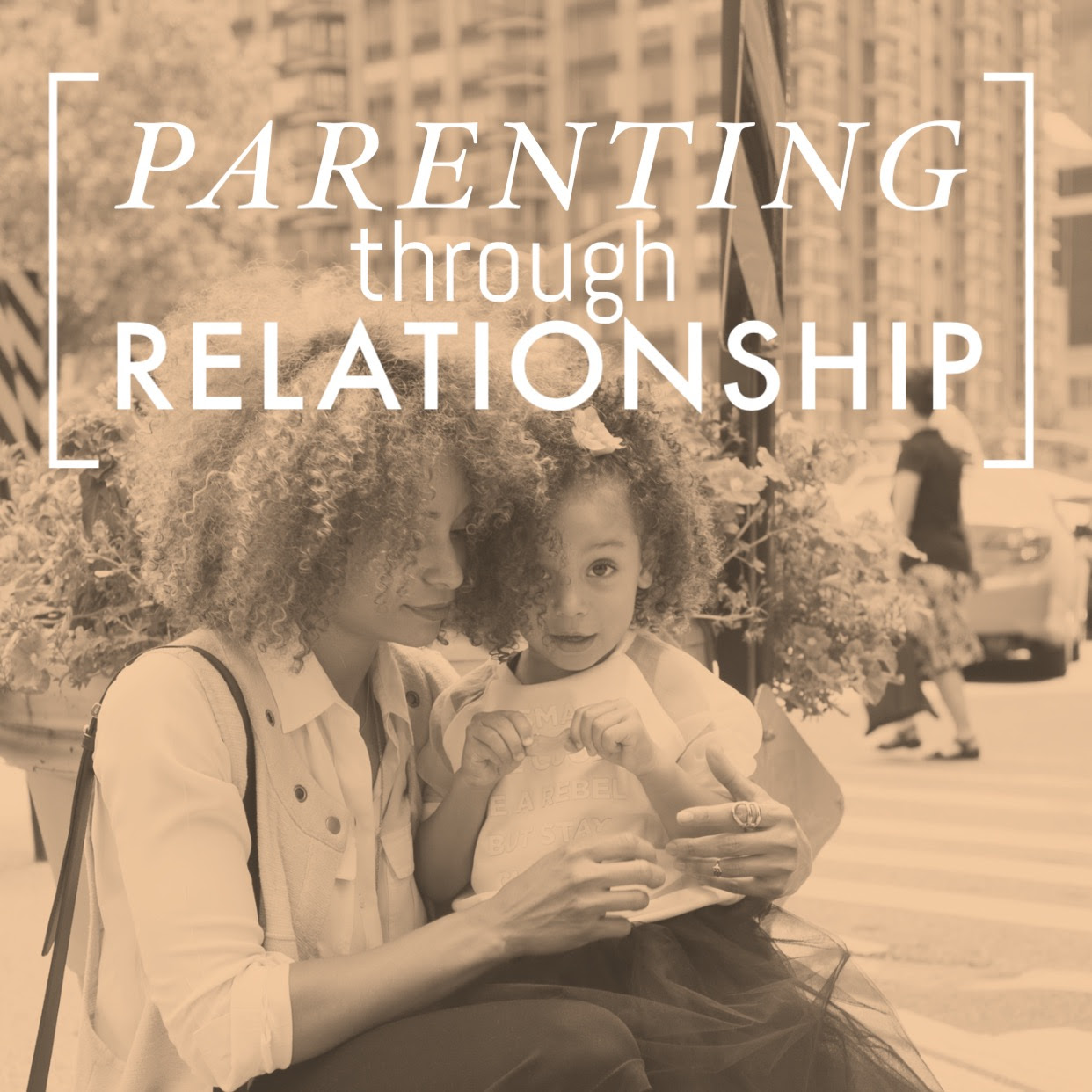
Parenting Through Relationship
by Carolyn Knarr, MSW, LCSW, Director of Children’s Therapeutic Services
From Genesis to Revelation, God reveals that He is relational. Because of his love for his people, he does whatever it takes to protect relationship with them, to the point of sending His only son to the cross. He understands their weaknesses and temptations. He seeks them out when they turn away from him. This relational aspect of the Gospel is a primary difference between Christianity and other religions. Christ responded to those he taught by caring, touching, healing, engaging. He not only had a significant effect on those he came into contact with. He was affected by them as well. He was touched by them, moved to compassion, and He responded.
Our relationship with God will determine our relationship with our children. To have openness and trust within our family we have to be open with God.
If we are closed off from God, we will probably not be very connected to our children. Parenting is about being vulnerable – admitting our brokenness and learning together. It is recognizing, accepting and communicating our deepest longings, thoughts and fears. It is allowing children to be themselves. Through vulnerability comes connection. Communication flows and acceptance flourishes. The message is understood, “You are enough. You don’t need to be more.” God loves and accepts us no matter what.
God understands our children’s limitations and knows that parents sometimes expect too much too quickly. Parents become too easily frustrated with childish behavior. Perhaps that is why Paul says,
God created children to be dependent on us until they become adults. He knows it takes that long for children to learn obedience and understand his love so that they can be lights to a very dark world. And they can be God’s light to us, if we allow God to speak through them. I have learned more about God from my children than anyone else in my life.
In his gospel, Matthew decides to write about an incident which occurred in Judea after a long day. Jesus is sitting down having an intellectual conversation with some Pharisees when parents began bringing their children to Jesus to bless them, but his disciples rebuked the parents. They must have thought it was a waste of time for this man who came to earth to establish a kingdom. And I’m sure the children, like all children, were loud and unruly. But Jesus said,
The disciples could not see past the children’s behavior. They missed seeing what Jesus saw – their preciousness humility and childlike faith. How often we get frustrated with our own children’s “childishness”!
What relational parenting is not
Relational parenting is not indulgent or permissive parenting. Sometimes in their zeal to give children everything they need, it’s easy for parents to give their children everything they want. Relational parenting is responding appropriately by knowing when to say “yes” and when to say “no.” Relational parents become like gardeners: you can’t control the color of the flower or the time of the year it blooms, but you can pull the weeds and prune the plant so that the flower blooms more beautifully. That’s shaping. Relational parents become master shapers.
Relational parenting is not putting your child on the same level as yourself. A family is not a democracy. Parents must be in charge for children to feel emotionally safe. Adult issues should not be shared with young children, nor should they become the child’s responsibility. Decisions are made from the top down, even when input is elicited. A parent-child relationship should never resemble a peer friendship. Relational parenting does not allow your child to manipulate you. It doesn’t mean that the child pulls the strings and the parents jump. There is a clear understanding of authority, as well as respect. Children should not expect or need instant gratification. They must learn patience.
Relational parenting is not a dictatorship either. On the contrary, relational parenting has options and is very flexible. There is a flow of ideas and thoughts between parent and child. Parents respond to the child in a way which recognizes the personality and limitations of the child. As we look at Christ’s interactions with others, he changes his approach based on the person he is talking with. He does not talk to the woman at the well the same way he talks to the rich young ruler. But his objective is the same – helping them understand his love and grace.
 About the Author:
About the Author:
Carolyn Knarr earned her Master’s Degree from Washington University, and has been counseling for over 20 years. She is a member of the National Association of Social Workers, and is a licensed clinical social worker.
Carolyn has a strong background in working with children and adolescents with ADHD, attachment disorder, trauma, bipolar disorder, and Asperger’s. She works closely with their families to help them with the emotional and behavioral aspects of these disorders. She utilizes play therapy, family therapy, and cognitive behavioral therapy, and is qualified to do psychological assessments with children. Carolyn also sees adult clients, couples, and families.
Through counseling, Carolyn helps her clients look at past and present relationship issues, communication patterns, and the potential for healing and growth.





